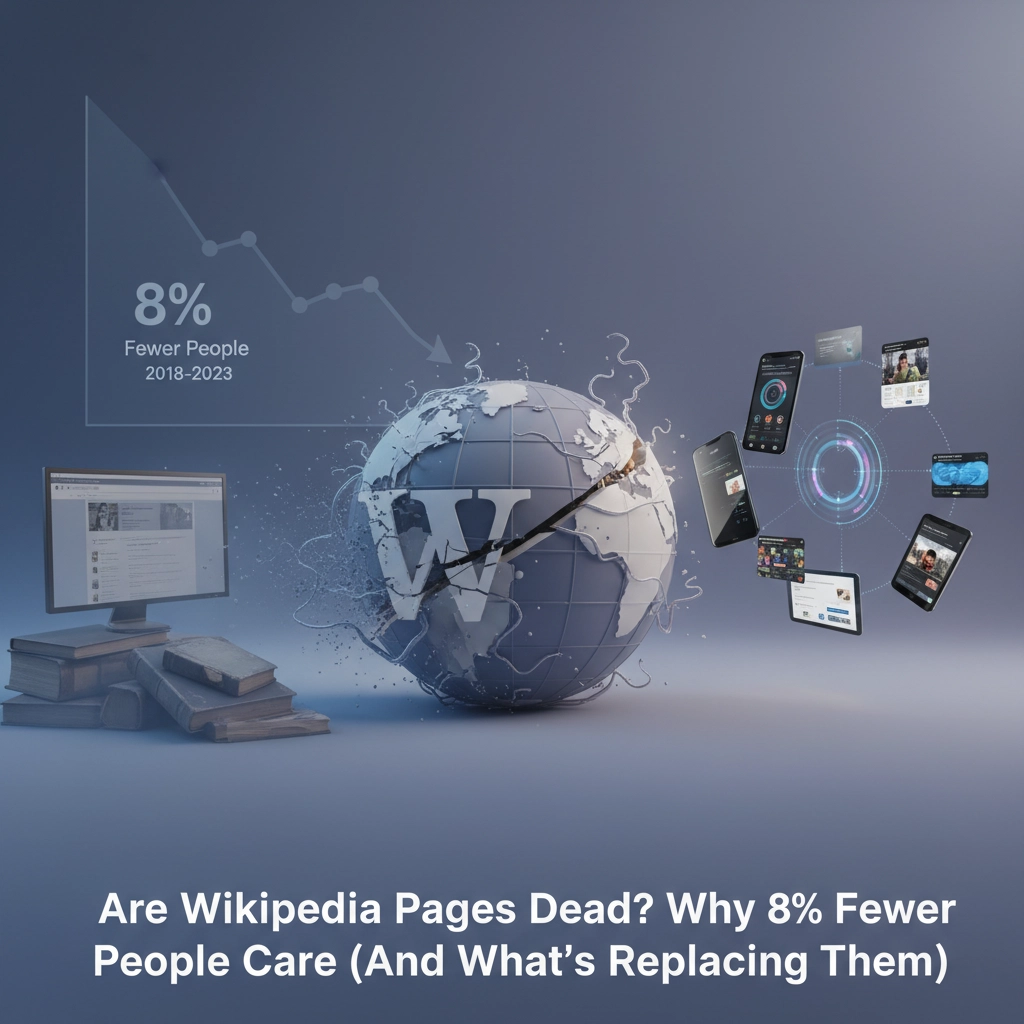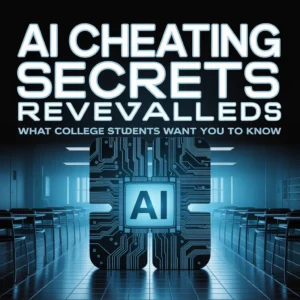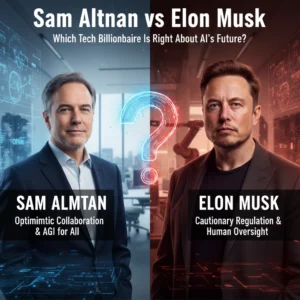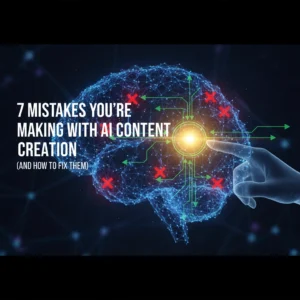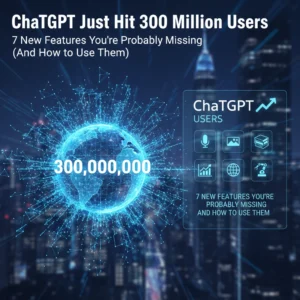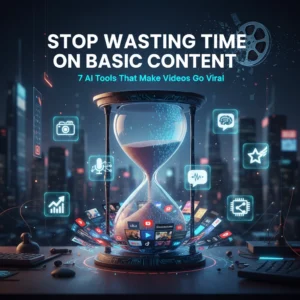Remember when Wikipedia was your go-to source for literally everything? Whether you were settling a bar argument or procrastinating on actual research, that familiar blue-and-white interface was always there. But something's changed. Your friends aren't sending Wikipedia links anymore. You're not clicking on them either.
Turns out, there's actual data behind this shift, and it's way more dramatic than anyone expected.
The Numbers Don't Lie: Wikipedia's Traffic Nosedive
Here's the thing: it's not just 8% fewer people caring about Wikipedia. The real numbers are much worse.
Between March 2022 and March 2025, Wikipedia lost 23% of its total traffic. We're talking about a drop from 165 million daily visits to under 128 million. That's not just a dip, that's a full-blown exodus of over 1.1 billion visits per month.
To put that in perspective, Wikipedia lost more monthly traffic than Microsoft.com gets entirely. And Microsoft was the 29th most-visited website in the world as of March 2025.
The decline isn't limited to one metric either. Unique visitors fell by 18%, losing about 200 million people. Even Google searches for "Wikipedia" itself dropped by roughly one-third. When people stop even searching for your brand name, you know you've got a problem.
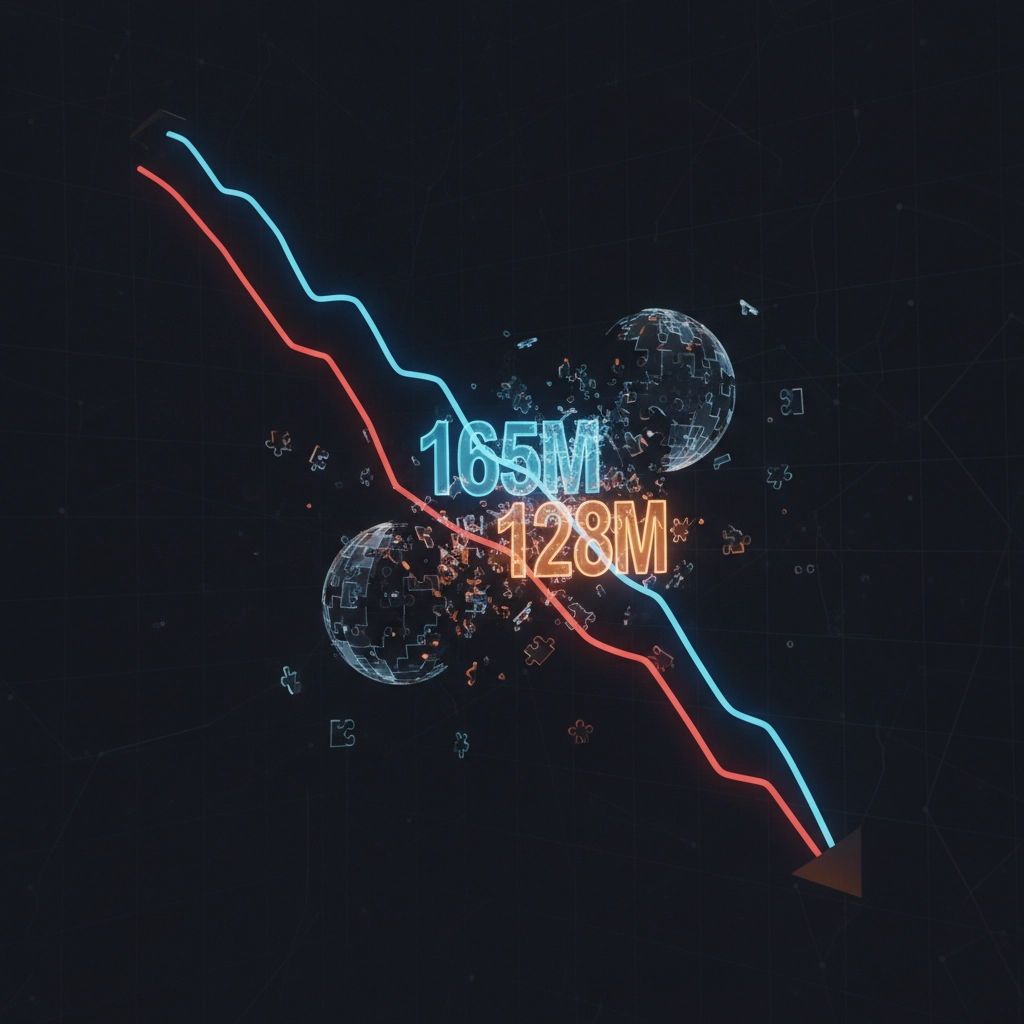
But here's what's really wild: this isn't happening because people need less information. If anything, we're consuming more content than ever. So where's everyone going instead?
What's Really Replacing Wikipedia
ChatGPT is eating Wikipedia's lunch. In March 2025, ChatGPT.com received half a billion more visits than Wikipedia. Yeah, you read that right, more visits.
Think about your own behavior for a second. When you need to know something quickly, do you really want to scroll through a 5,000-word Wikipedia article about, say, photosynthesis? Or would you rather type "explain photosynthesis simply" into ChatGPT and get a clear, conversational answer in 30 seconds?
The choice is obvious. AI chatbots give you exactly what you need without the academic formatting, endless citations, and rabbit holes that Wikipedia is famous for.
But it's not just AI taking over. Here's where people are actually getting their information now:
- Reddit discussions (34.52% of social media traffic to Wikipedia comes from Reddit)
- YouTube explainer videos (29.6% of social traffic)
- TikTok and Instagram infographics
- AI-powered search features in Google and Bing
- Voice assistants like Alexa and Siri
The pattern is clear: people want information that's conversational, visual, and delivered in bite-sized chunks. Wikipedia's academic, text-heavy format feels ancient by comparison.
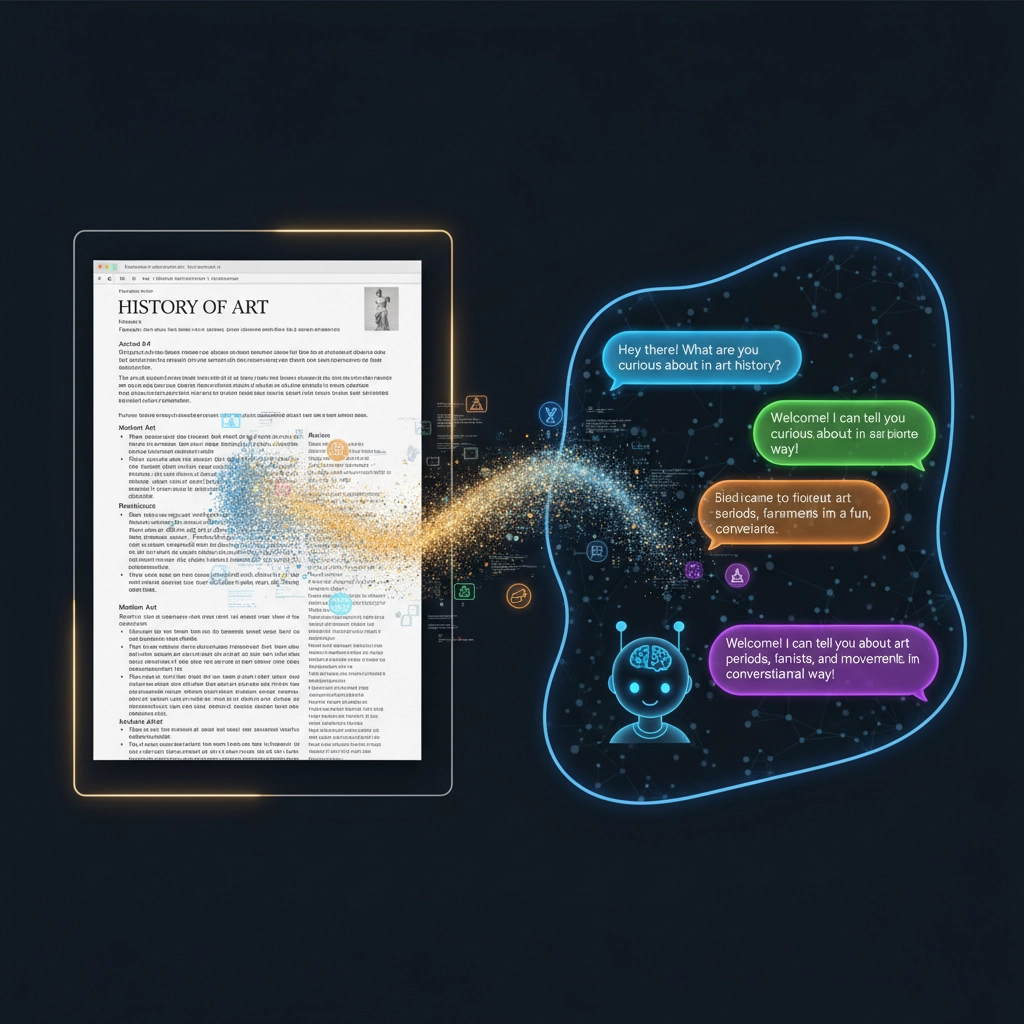
The Rise of AI-Powered Information Consumption
Here's an anecdote that perfectly captures this shift: My friend Sarah, a marketing manager, told me about researching her daughter's science project last month. Instead of opening Wikipedia articles about renewable energy, she pulled up ChatGPT and had a back-and-forth conversation. "Explain solar panels like I'm explaining them to a 10-year-old," she typed. Then, "What are the downsides?" Then, "How do they compare to wind power?"
In 15 minutes, she had everything she needed, tailored perfectly to her situation. No dense paragraphs about photovoltaic cells. No getting lost in technical specifications. Just the right information, delivered exactly how she needed it.
This is exactly why AI is winning. Large language models were literally trained on Wikipedia content (among other sources), but they present that information in a much more user-friendly way. It's like having a knowledgeable friend who can explain anything, versus reading a textbook.
The convenience factor is huge, but there's more to it. AI tools adapt to your level of understanding. They can simplify complex topics or go deeper based on your follow-up questions. Wikipedia gives you the same wall of text whether you're a PhD student or a curious 12-year-old.

Is This the End of the Wikipedia Era?
Don't start writing Wikipedia's obituary just yet. The platform still pulls in about 909 million unique visitors monthly and maintains 11 billion total global visits. That's not exactly a ghost town.
Plus, Wikipedia has some advantages that AI can't replicate:
- Real-time updates for breaking news and current events
- Transparent sourcing with actual citations you can verify
- Collaborative editing that catches and corrects misinformation
- Deep, comprehensive coverage of niche topics
The financial picture isn't dire either. Wikipedia raised $185 million in donations in 2024 against $178 million in expenses, with $271.5 million in net assets. They're not going bankrupt anytime soon.
But there are warning signs beyond just traffic. Wikipedia only has about 39,000 active editors left, and they lost 14 administrators in the past year. Only about 100 of their 800+ administrators are truly active. When your volunteer workforce shrinks, maintaining quality becomes nearly impossible.

The mobile app usage has stayed relatively stable at around 20 million monthly active users. This suggests there's still a core group of dedicated Wikipedia users who prefer the traditional encyclopedia experience. But casual users: the ones who stumbled onto Wikipedia through Google searches: are clearly moving elsewhere.
The bigger question isn't whether Wikipedia will survive (it probably will), but whether it'll remain culturally relevant. When was the last time you heard someone say "I saw on Wikipedia that…" in casual conversation? Compare that to how often you hear "I asked ChatGPT and it said…"
Wikipedia might end up like encyclopedias before it: still useful for serious research, but no longer the default choice for everyday curiosity. It'll become the digital equivalent of those dusty Britannica volumes your grandparents had: respected, comprehensive, and largely ignored.
The platform that once democratized knowledge might simply be getting out-democratized by tools that make information even more accessible. It's not about Wikipedia failing: it's about user expectations evolving faster than Wikipedia can adapt.
So here's the real question: In a world where AI can give you instant, personalized answers to any question, what role should traditional encyclopedias play?

